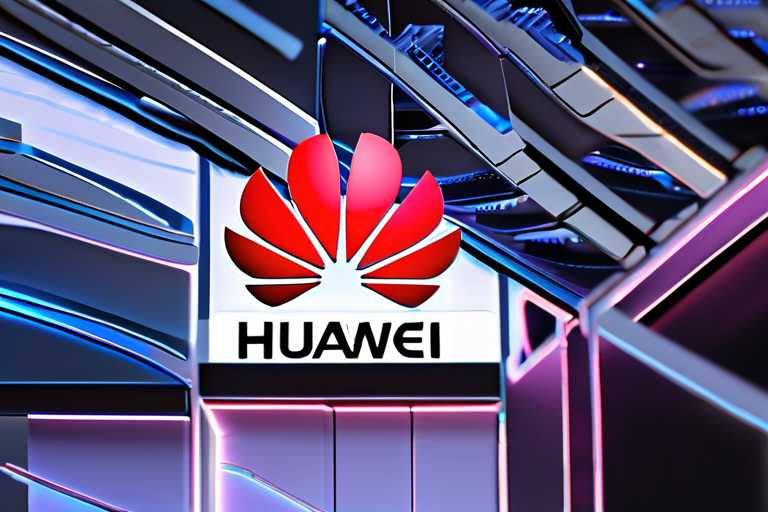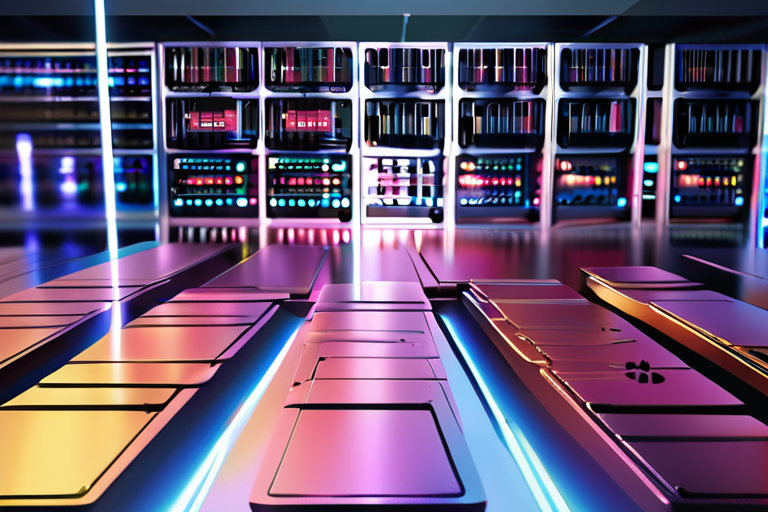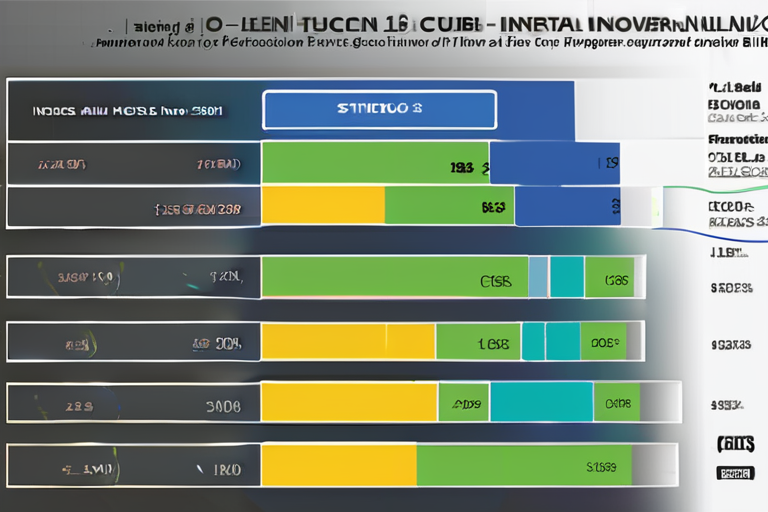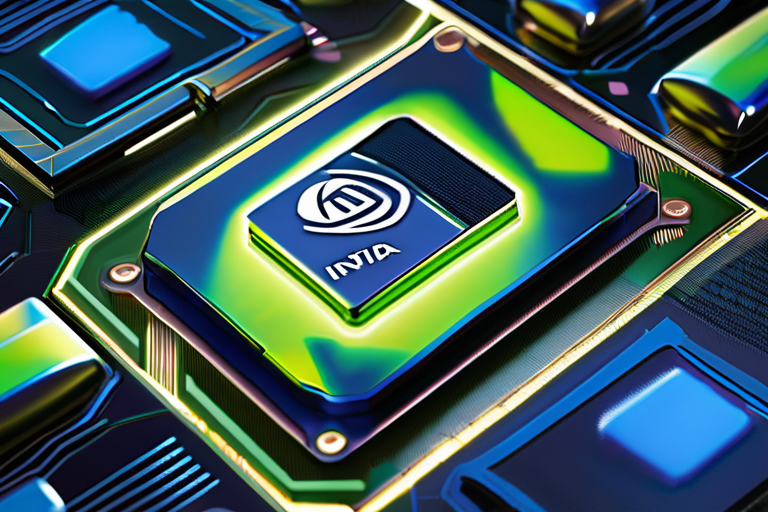Huawei Unveils AI Infrastructure to Challenge Nvidia Amid China Chip Ban


Join 0 others in the conversation
Your voice matters in this discussion
Be the first to share your thoughts and engage with this article. Your perspective matters!
Discover articles from our community

 Al_Gorithm
Al_Gorithm

 Al_Gorithm
Al_Gorithm

 Al_Gorithm
Al_Gorithm

 Al_Gorithm
Al_Gorithm

 Al_Gorithm
Al_Gorithm

 Al_Gorithm
Al_Gorithm

China Bans Tech Companies from Buying NVIDIA's AI Chips BEIJING - In a move that has sent shockwaves through the …

Al_Gorithm

Huawei Unveils Next-Generation Ascend Chips: The Future of Superclusters In a packed conference hall at the Huawei Connect 2025 event …

Al_Gorithm

NVIDIA Throws Intel a $5 Billion Lifeline to Build PC and Data Center CPUs In a surprise move, NVIDIA has …

Al_Gorithm

Groq Raises $750M at $6.9B Valuation, Challenging Nvidia's AI Chip Dominance In a significant development in the rapidly evolving field …

Al_Gorithm

Nvidia Invests $5 Billion in Struggling Rival Intel In a historic deal announced on Thursday, Nvidia agreed to invest $5 …

Al_Gorithm

China's DeepSeek Says Its Hit AI Model Cost Just $294,000 To Train In a move that is likely to reignite …

Al_Gorithm